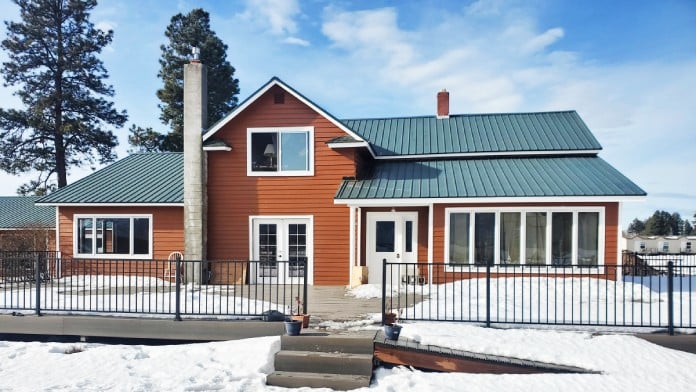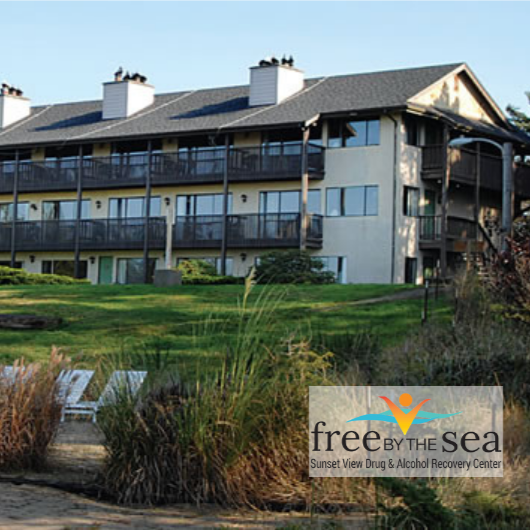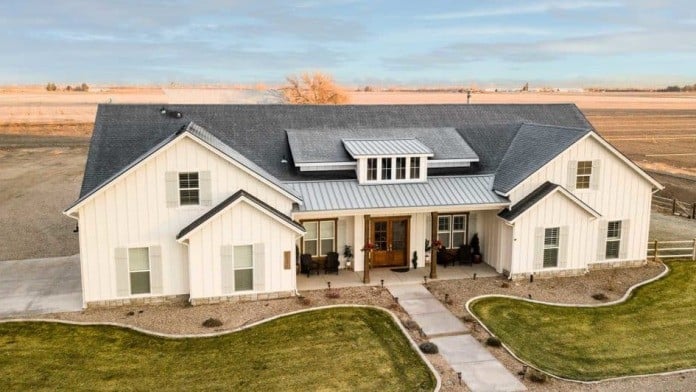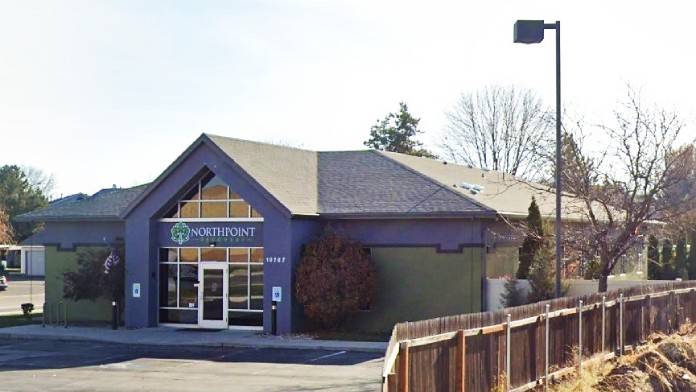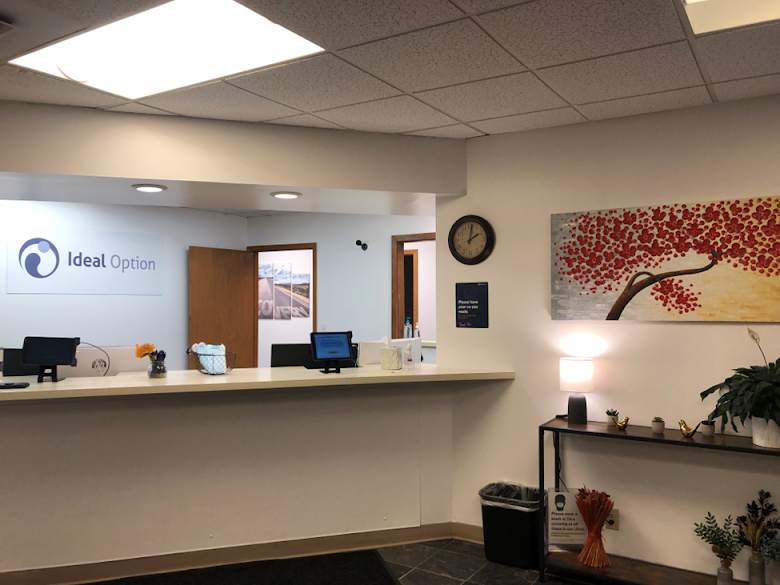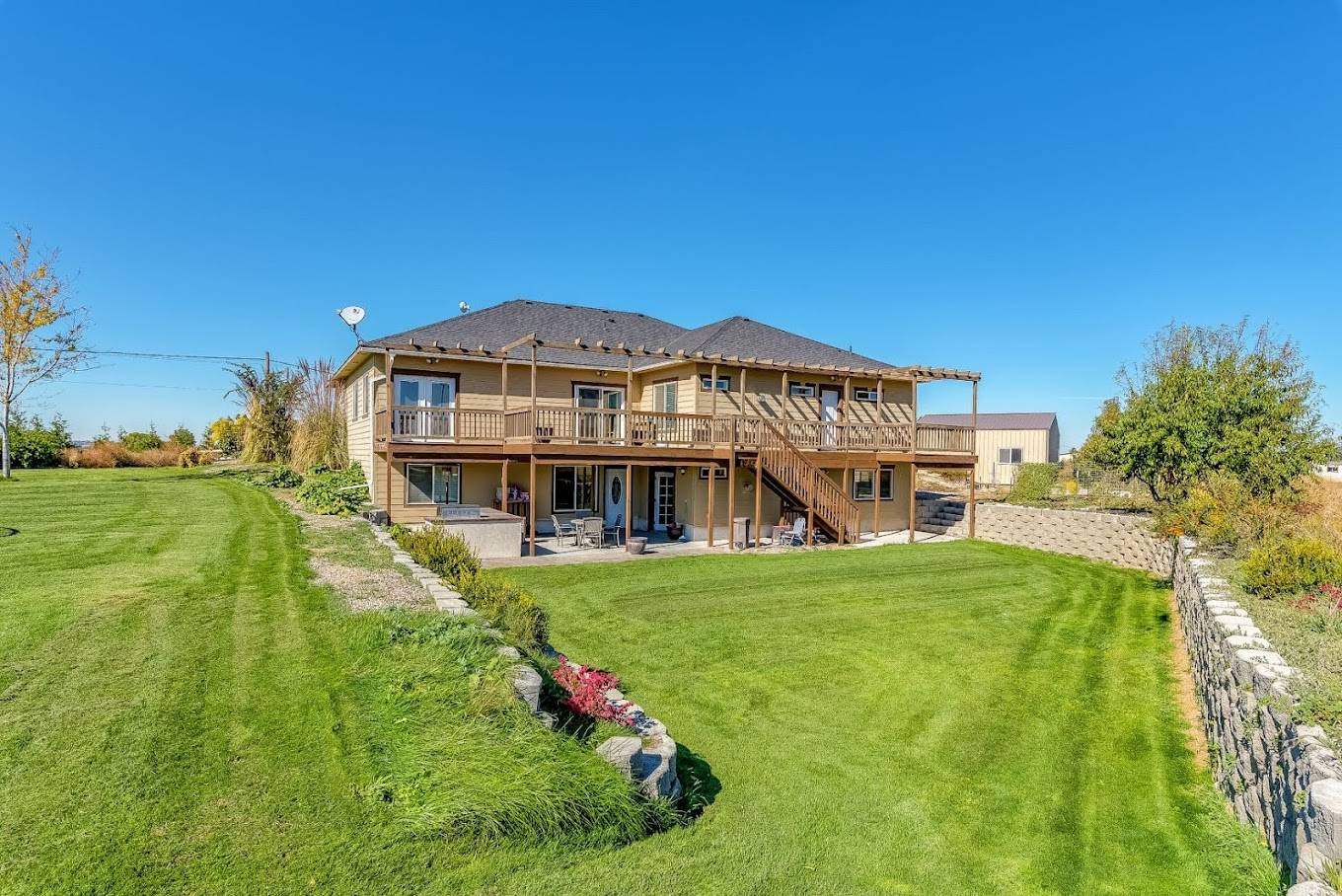About Chrysalis Therapeutic Boarding School
At Chrysalis Therapeutic Boarding School located in Eureka, Montana, young women ages thirteen to eighteen come to focus on personal growth in a unique treatment setting just under Glacier National Park. Treatment addresses any social, emotional and behavioral issues you might be experiencing. Residential stays here typically last anywhere from eighteen to twenty four months and include an individualized plan, adventure therapy, and family style living.
A Structured Daily Schedule
At Chrysalis, treatment programs are structured to fit into a daily routine beginning with breakfast and morning chores, going to school and therapy sessions, and having time to relax in the evenings. On weekends, residents participate in adventure activities and community service. Every student is made to feel comfortable and supported as they take on new and exciting challenges.
Substance Use Support in Eureka
Chrysalis provides support to individuals who come into the school with a history of substance use challenges. There is a Recovery Group which holds weekly meetings and attends AA community meetings.
Their treatment program, Seeking Safety, uses evidence based therapies like cognitive behavioral therapy (CBT), twelve step and present focused therapy. They also help young women develop healthy coping skills with discussions about setting boundaries, asking for help and finding community resources.
Managing Medications
For students coming in with medications or looking to begin medication as a part of their treatment plan, Chrysalis has a psychiatric team who can work with you as you’re progressing through treatment and daily living. They can set up meetings on a weekly or monthly basis. Parent involvement is also important for any changes or adjustments made to medications.
Latest Reviews
Rehab Score
Location
Addiction Treatments
Levels of Care
Often serving as the first step in the addiction recovery process, medically supervised detox involves weaning your body off addictive substances while in the safety of a medically supervised environment. If you are dependent on substances like alcohol, opioids, or benzodiazepines, the associated withdrawal symptoms can not only be uncomfortable, they can be extremely dangerous. In medically supervised detox, a team of medical professionals can monitor your health, vital signs, and progression to ensure your maximum safety and comfort.
Treatments
Montana's dual-diagnosis addiction treatment programs provide comprehensive care for individuals with co-occurring substance use disorders and mental health conditions. Outpatient, inpatient, and partial hospitalization levels of care are available. Therapies such as cognitive behavioral therapy, or dialectical behavioral therapy, mindfulness-based therapy, and experiential therapy address both disorders simultaneously and promote overall health. The benefit of dual diagnosis is that both conditions are treated at the same time, drastically increasing the odds of successful long-term recovery.
It is important to address mental health in rehab because we know that some mental conditions like depression and anxiety can be the root causes of substance abuse. Many mental health disorder symptoms are extremely stressful and cause great anxiety, which often pushes people to use drugs or alcohol as a coping mechanism. On the other hand, substance abuse directly increases a person's chances of developing a mental health condition.
Clinical Services
During cognitive behavioral therapy in Montana, patients learn to be their own therapists. They develop coping skills so they can change their thinking and behavior in day to day life. This helps them overcome mental and substance use disorders.
A number of therapeutic methods fall under the category of experiential therapy, including art therapy, wilderness therapy, music therapy, and animal care. These methods are designed to focus on hands on involvement with an experience, such as creative expression or interaction with others. The goal is to increase your awareness of how you internally represent the world.
Family therapy offers a platform for open and honest dialogue about the challenges that addiction has created within the family unit. Using guided sessions, your therapist helps family members develop healthy communication skills and address unresolved issues. By working together, families can help support their loved one's sobriety.
Trauma therapy helps you process traumatic events that you may have witnessed or experienced. This is the first step to healing from these events, integrating them into a more coherent narrative, and improving your resilience.
Accreditations

The Joint Commission, formerly known as JCAHO, is a nonprofit organization that accredits rehab organizations and programs. Founded in 1951, the Joint Commision's mission is to improve the quality of patient care and demonstrating the quality of patient care.
Joint Commission Accreditation: Yes
Contact Information
77 Trails End Rd.
Eureka, MT 59917



